Belarus is a landlocked, eastern European country.
The country is known for several things, including the fact that it is one of the poorest countries in Europe by total wealth, its potato-producing industry, and the manufacturing of world-class tractors for farming.
It is also one of the last European countries ruled by a dictator: Alexander Lukashenko.
According to Statista, there was a steady incline of immigration into the country from 2000 to 2019, with approximately 275,000 new immigrants in 2019.
When considering the pros of moving to Belarus, such as clean cities, friendly people, and rich history and culture, it’s easy to understand why many Europeans choose to call Belarus home.
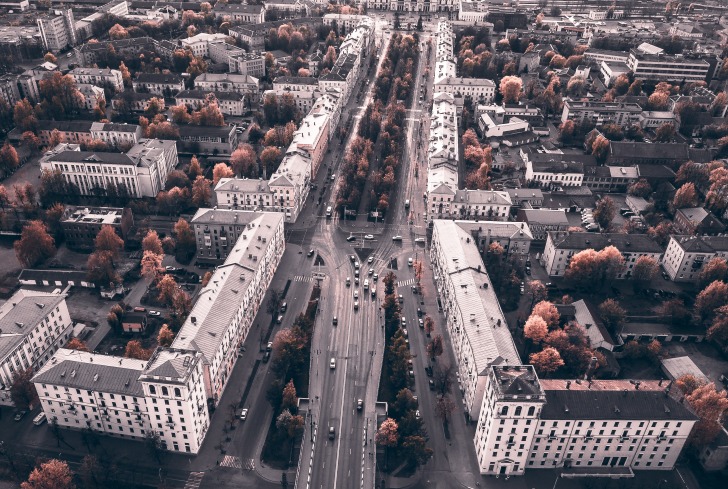
Contents
Pros of Living in Belarus
1. Standard of living
Locals and ex-pats, living in Belarus, enjoy an above-average standard of living.
The cost of living in Belarus is significantly lower than that of most western European countries.
The cost of living in Belarus is 50.57% lower than in the United States.
In addition, the cost of rent in Belarus is 78.71% lower than in the United States.
Furthermore, the estimated living costs of a family of four, without rent is $1,815.84 per month, and $499.81 for a single person, without rent.
Basic utilities cost around $60 per month, childcare is $500 per month, and international school will cost around $6,000 per month.
A one-bedroom apartment is around $355.54 and a three-bedroom apartment in the city center is approximately $669.56.
The cost of everyday living is much less expensive in Belarus than in most other European countries, and it is this fact that may entice Europeans and ex-pats from other parts of the world to settle in Belarus.
2. Climate
Belarus has a temperate continental climate.
There are four distinct seasons in the country.
Summers are warm and comfortable, winters are long and cold, and fall and spring months are mild.
During the spring and summer months, you can expect on-and-off rain showers.
And, during fall, there is constant rain. Fall is a very wet season in Belarus.
Winters often see temperatures drop below freezing point and the country is covered in a blanket of white snow for most of the winter season, which runs from December through February.
November and March are marked by both rainfall and snow.
For candidates who would like to experience four seasons with climates that do not extend into extreme weather conditions, Belarus is the perfect destination.
3. Healthcare
The country ranked 98 out of 100 on the Social Progress Index for medical care.
This score is on par with other first-world countries like the US, the UK, Australia, and Germany.
The country has excellent healthcare and residents can choose to participate in free or paid healthcare.
Both free and paid healthcare offer the same world-class service, with the exception that you may have a short wait time at a doctor’s office, hospital, or another healthcare facility when you opt for free healthcare.
Residents may seek assistance from any free healthcare provider, and, should they not be satisfied, may opt to consult a paid healthcare provider.
4. Leisure time
In Belarus, a lot of emphases is placed on leisure time and its value.
What this translates to, is the fact that whatever you do to fill your free time, no matter how niche the market, chances are, you’ll find a facility or a group that offers that particular hobby.
Most of the more metropolitan cities offer a wide range of activities and experiences for adults, such as world-class theater shows, Broadway shows, and other forms of entertainment.
But, if that is not up your alley, there are a host of other activities that are fun for the whole family to participate in.
5. Transportation
Belarus has a well-developed transportation system.
Tourists and residents of the country need not worry about transport if they live in Belarus and don’t own a vehicle.
There are many different types of public transportation systems that integrate with each other seamlessly, to offer residents world-class transportation.
The railway system in Belarus has over 2,100 destinations on state-of-the-art trains that offer transportation to regional areas and international destinations.
Residents can opt to travel in business or economy class.
For the convenience of passengers, tickets may be purchased at the station, online, or via telephone.
The travel cost will depend on the destination, class, and category of a railway car, but, essentially, prices are generally low.
The country has buses and minibusses that travel in and around major cities and rural areas, regionally, and internationally.
In addition, travelers have the option to travel by air or water.
Though it must be mentioned that, due to the small size of the country, there aren’t a lot of domestic flights available.
6. Location
The country has an excellent geographical location on the European map.
There are various other countries that are easily accessible via Belarus, making it an ideal location to call home.
But, you are able to reach several countries by car or bus via Belarus.
7. International schooling
The country is well-known for offering some of the best international schools to ex-pats and their families.
One of the biggest advantages of living in Belarus is the assurance that your children will receive a world-class education from an internationally recognized curriculum, provided that they attend international schools.
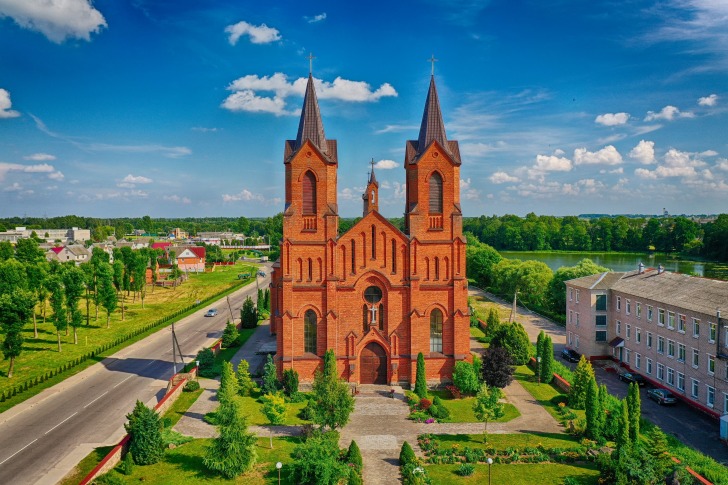
Cons of Living in Belarus
1. Icy winter
If you enjoy winter but the bitter cold is not your thing, you may want to give Belarus a skip.
A Belarusian winter is not something to sneeze at.
The country often plummets to temperatures below zero during the winter and often remains in these cold temperatures throughout the winter.
And, while we did mention that the climate is an advantage, it can also be a major disadvantage, as the winters are notably longer than the summers and the colder periods are notably longer than the warmer periods.
Winters generally last from December through February and may sometimes extend into March.
2. Language
English is not widely spoken in Belarus.
In fact, in order to get by in this country, you will need to speak Russian or Belarusian, at the very least.
That means that even getting the simplest of tasks completed may seem impossible as you will not be able to communicate with anyone.
Even in more metropolitan cities, speaking English isn’t very common.
You may think that, because the country seems so advanced in other areas, there may be some level of English spoken, but nothing could be further from the truth.
So, if you don’t speak Russian or Belarusian at some level, or you’re not willing to learn, you may want to give this country a skip.
3. Taxes and payments
If you plan to move to Belarus and work as a nomad, there are a few things you need to know about tax and payment systems in the country.
Firstly, locals who live in Belarus and are residents of the country are not able to open bank accounts in other countries.
In addition, wire transfer services such as Paypal, Payoneer, and PayWise only offer limited services in Belarus, if at all.
Getting money into or out of the country may pose a problem.
Furthermore, in many cases, a country may have a tax treaty with another country to prevent citizens from paying double taxes.
That is not the case in Belarus.
You may end up having to pay double tax and lose a big chunk of your income.
Personal income tax in Belarus is at a 12% flat rate.
In addition to personal income tax, residents may be subjected to other taxes as well.
4. Education
Education in Belarus is a double-edged sword.
On the one hand, you have international schools that adhere to international standards and, on the other hand, you have local schools that adhere to local standards.
Education in public schools is free and compulsory for kids from ages six to 15.
Primary and secondary education is fairly average, but not too bad, in Belarus.
The system at this level is more or less on par with American schools and A-levels and GCSE programs, with the exception of some odd subjects.
The problem comes with local universities that are not up to international standards and the fact that the country only joined the Bologna Process in 2015.
Many of the degrees and diplomas are not accepted internationally and will remain so until the standard meets international standards.
5. The death penalty
Belarus is the only country that still applies capital punishment.
This penalty may be used in cases of acts of terrorism and aggravated murder.
The country wants to consider bringing the death penalty for high treason as well.
6. Personal rights and freedom
The country scored fairly low on both personal rights and freedom.
There is little media freedom in Belarus and you can’t really have your political views expressed in this country.
This was proven by the recent civil unrest in the country for political reasons.
According to Amnesty.org, freedom of speech, assembly, and expression remain severely restricted in the country.
Furthermore, it is not uncommon for someone to be ill-treated or tortured for having certain beliefs.
And, the rights of children are routinely violated in this country.
This was still very much the case back in 2021, and much of it still remains unresolved.
Pros and Cons of Living in Belarus – Summary Table
| Pros of Living in Belarus | Cons of Living in Belarus |
|---|---|
| 1. Standard of living | 1. Icy winter |
| 2. Climate | 2. Language |
| 3. Healthcare | 3. Taxes and payments |
| 4. Leisure time | 4. Education |
| 5. Transportation | 5. The death penalty |
| 6. Location | 6. Personal rights and freedom |
| 7. International schooling |
Belarus Safety Overview
READ THE FULL REPORT: Belarus Safety Review
Safety Index: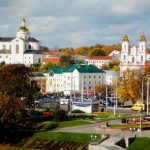
- OVERALL RISK: LOW
- TRANSPORT & TAXIS RISK: LOW
- PICKPOCKETS RISK: MEDIUM
- NATURAL DISASTERS RISK: MEDIUM
- MUGGING RISK: LOW
- TERRORISM RISK: LOW
- SCAMS RISK: LOW
- WOMEN TRAVELERS RISK: LOW
Frequently Asked Questions
Is there crime in Belarus?
Travelers in Belarus are generally safe and aggravated crime or aggression against visitors is generally rare.
Though it must be mentioned that human, drug, and weapon trafficking does occur in this landlocked country, and is a cause for concern.
Is Belarus a rich country?
Belarus is described as a welfare state.
What this means is that the government plays a key role in the economic and social development of its citizens.
What race is Belarus?
The majority of the Belarusian population is made up of the East Slavic ethnic group.
What is the national dish of Belarus?
Potato and onion pancakes.
This dish is often accompanied by sour cream.
The pancakes are fried in pork fat, making them quite unhealthy, but very delicious.
What is the biggest tourist attraction in Belarus?
The country has many beautiful architectural buildings, such as churches and castles.
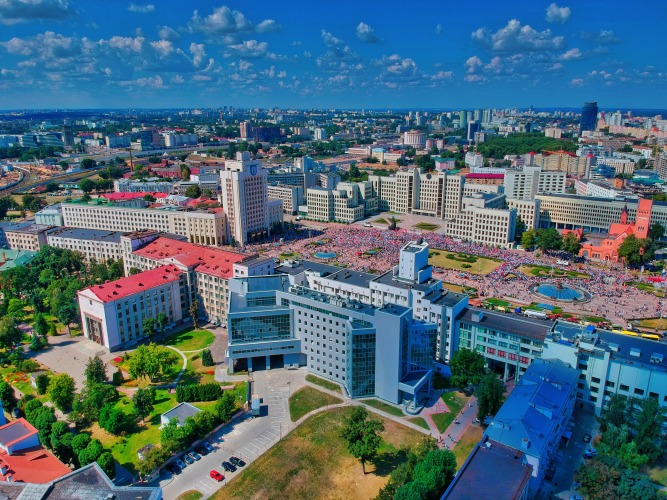
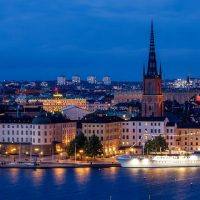
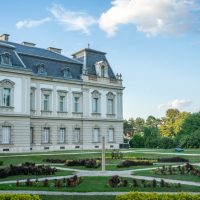
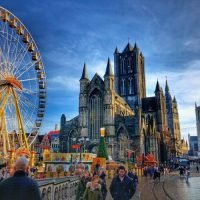
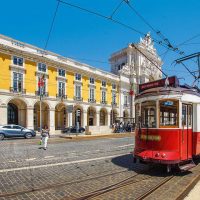
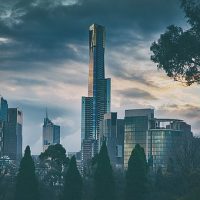
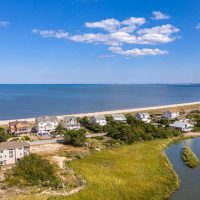





Yep. I ain’t going here, but I’d like to ship Biden there.
We’ve traveled to Belarus before the whole Russia Ukraine conflict and it was quite the experience. Safety was a consideration, and I generally felt secure, particularly in tourist-friendly areas. Expect the classic Eastern European cultural stereotypes from place to place, it’s hard to shake these habits. But the charm of Belarus, with its rich folklore, unspoiled nature, and welcoming locals, made it a must for those willing to explore. I don’t plan to revisit it anytime soon but I for one would love to see how it evolves in 5, 10 years.
Visited Minsk back in 2019 so safety has not been a significant concern, especially in smaller towns and rural areas. I wholeheartedly agree the cost of living here seems to be much lower to what we might expect and this reflects in restaurant prices and accommodation as well.The political climate can be a downside, as it affects aspects of daily life and the ability to express one’s views freely. If you ignore this you will see a country steeped in history, with a rich architectural heritage, including grand Soviet-era structures.
Pork fat is super healthy. What is not healthy is potatoes or grains. Those are NOT foods for humans. Also not healthy: kale smoothies. Cave people did not have NutraMix in the -3900s! Please quit stealing animal feed and passing it as healthy. Cave people ate pork, so do I. Belarus sounds like a great country. Hope to visit some day!